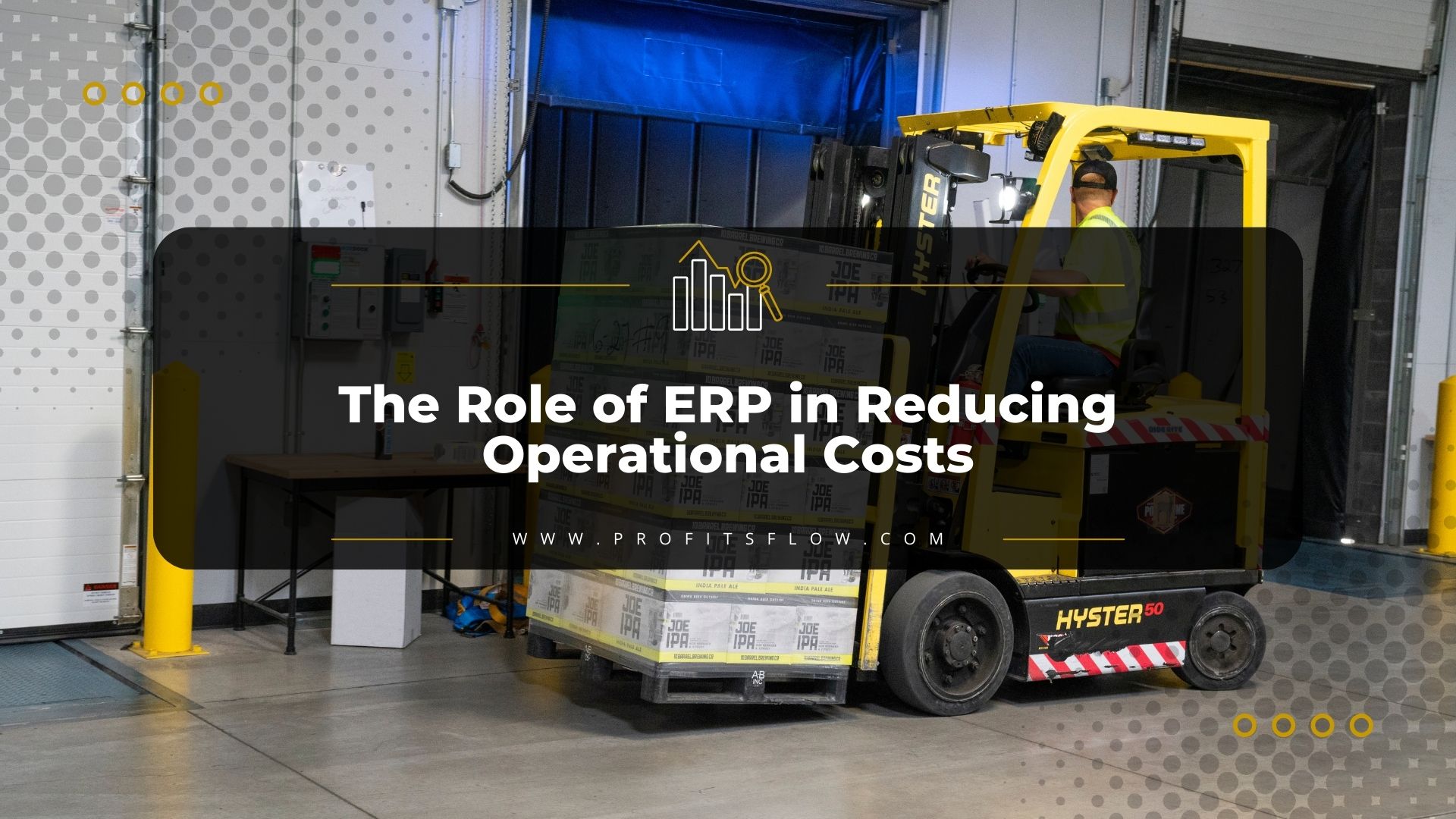From manufacturers to service providers, companies are constantly under pressure to deliver more value all while spending less. Enter ERP (Enterprise Resource Planning) systems. This has become a cornerstone of modern business operations. But beyond streamlining workflows and connecting departments, ERP plays a powerful and often underestimated role in reducing operational costs in many organisations. Below, we explore the role of ERP in reducing operational costs.
Eliminating Redundancies & Manual Work
Many businesses rely on disconnected systems or manual processes to manage operations. This not only slows things down but often results in duplicated efforts and costly errors. ERP centralises all core business functions from finance and HR to inventory and procurement, all into a single integrated platform.
What is the impact of this?
- Less manual data entry
- Fewer reporting errors
- Reduced need for additional headcount to manage siloed tasks
Improved Inventory Management
Holding too much inventory eats into the businesses cash flow, while too little leads to missed sales and poor customer service. ERP systems give businesses real-time visibility into inventory levels, order statuses, and supplier timelines.
How does this benefit cost savings?
- Avoiding overstock and stockouts
- Reducing inventory holding costs
- Better forecasting for demand planning
Smarter Procurement & Vendor Management
With a centralised ERP system, procurement teams gain insight into supplier performance, pricing trends, and historical purchases — all in one place.
This allows companies to:
- Negotiate better deals with vendors
- Consolidate purchasing to take advantage of bulk discounts
- Automate purchase approvals to avoid unnecessary spending
Automation of Routine Tasks
Tasks like invoicing, payroll, and financial reconciliations often consume valuable employee hours. ERP automates these workflows, reducing the time and cost associated with routine admin.
Automation also minimises the risk of costly human errors that could lead to compliance issues or customer dissatisfaction.
Enhanced Reporting and Decision-Making
ERP systems provide real-time dashboards and analytics, giving leaders immediate insights into performance across departments. With better data, businesses can make faster, more informed decisions — which helps avoid costly missteps.
For example:
- Spotting underperforming products early
- Identifying bottlenecks in production
- Adjusting budgets in real time to avoid overspending
Energy and Resource Efficiency
Some ERP platforms support sustainability and energy tracking features, which can help reduce utility costs, cut waste, and align with environmental goals — all while lowering your bottom line.
Implementing an ERP system isn’t just about going digital or “keeping up with the times.” It’s about transforming your business from the inside out. ERP helps in identifying inefficiencies, tightening up processes, and ultimately cutting costs without sacrificing performance.
Whether you’re a growing SME or an established enterprise, reducing operational costs potential of ERP is one of its most compelling advantages. And with modern cloud-based solutions making ERP more accessible than ever, now might be the perfect time to explore how it can help your business operate leaner, smarter, and more profitably.
